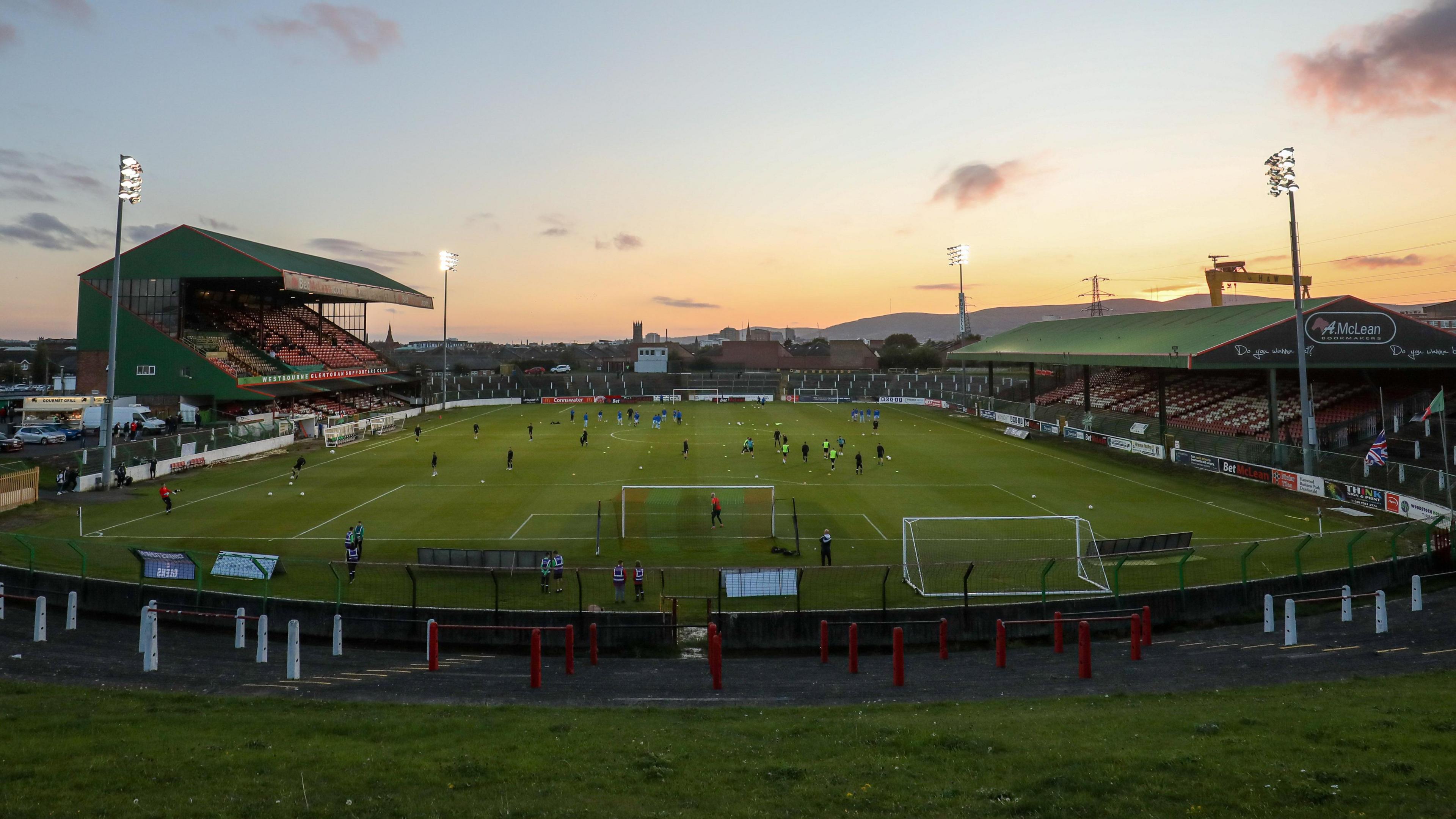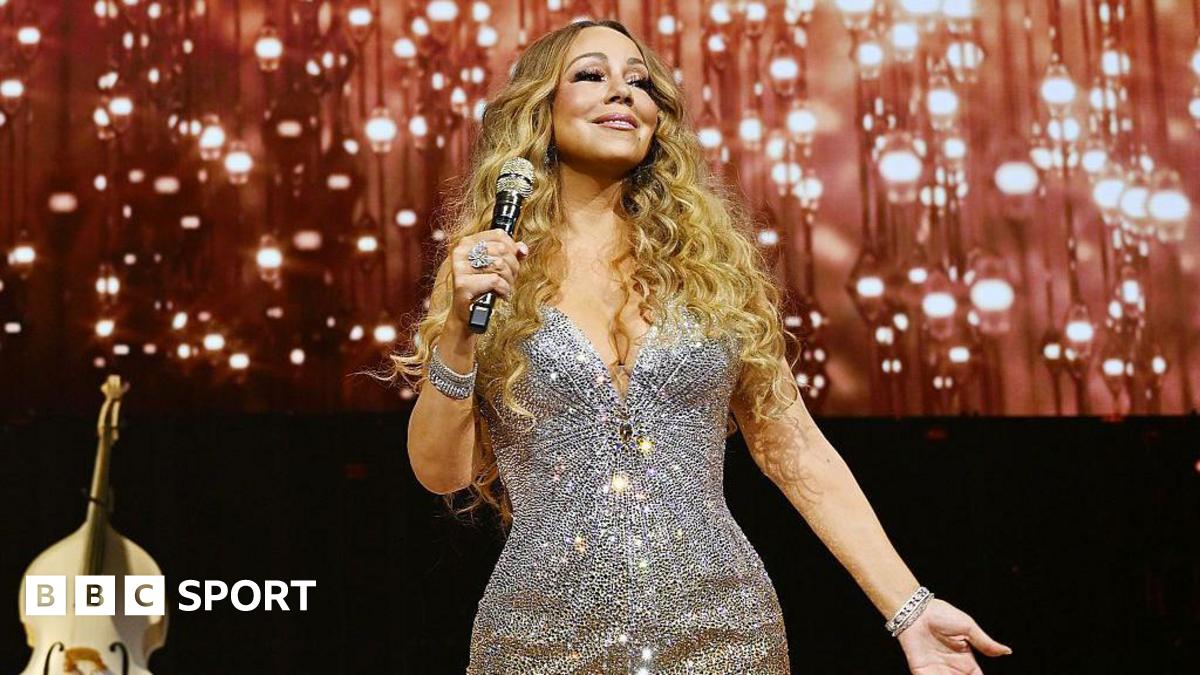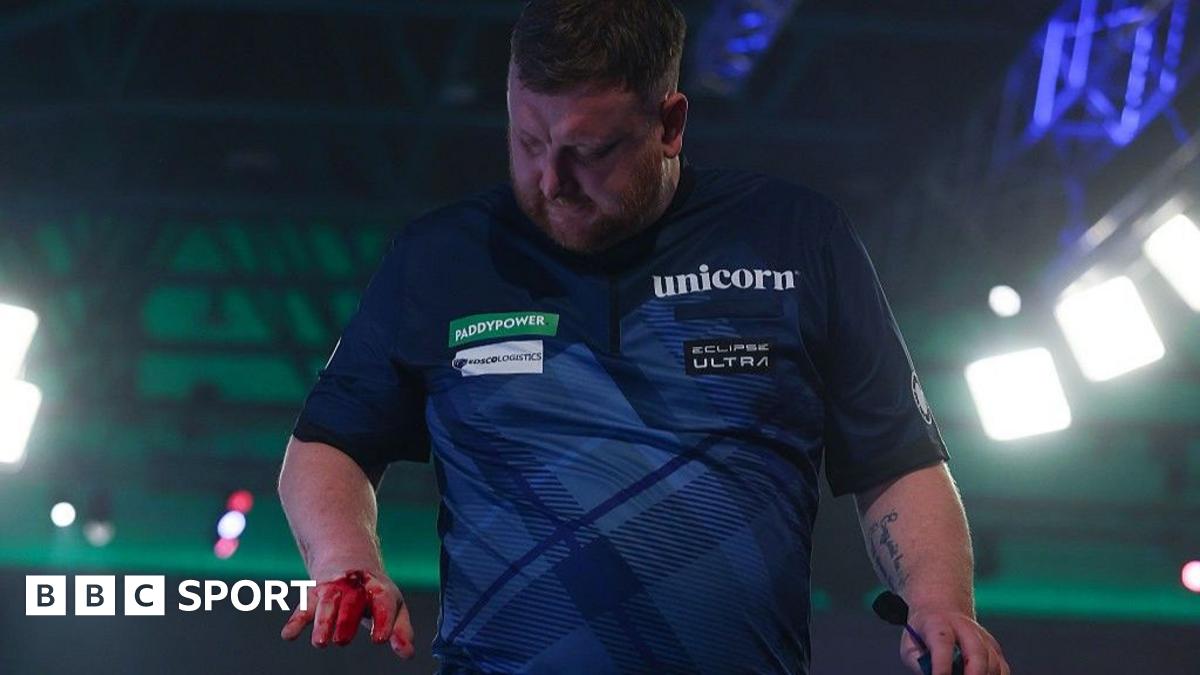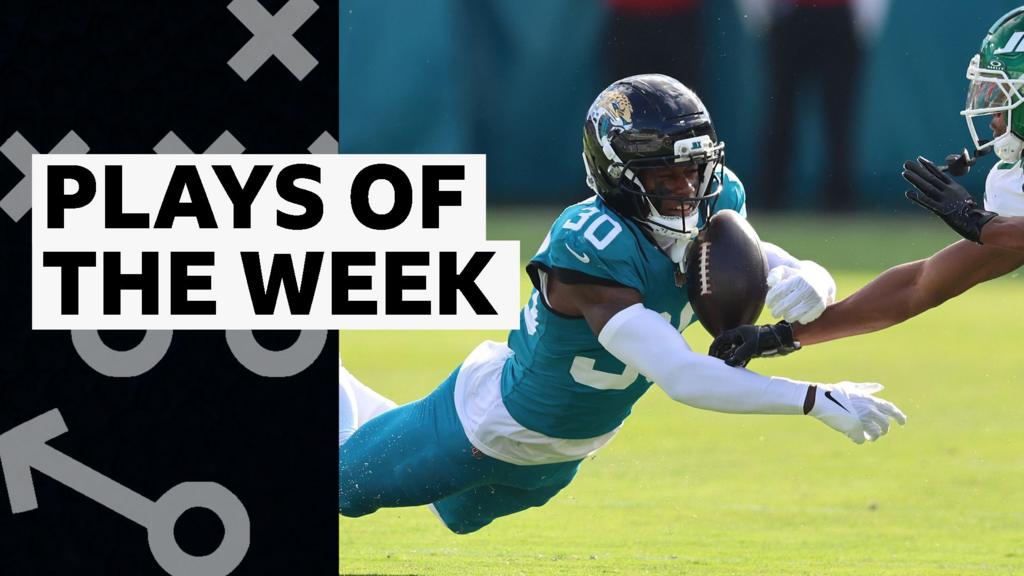 Image source, Inpho
Image source, Inpho
Glentoran are one of 20 clubs to get a share of the long-awaited stadia funding in Northern Ireland
ByAndy Gray
BBC Sport NI Journalist
Twenty clubs have progressed to the next stage of the long-awaited Northern Ireland Football Fund.
Of the 41 clubs eligible for the stadia funding, 38 applied and 20 have now been successful for the next stage.
The funding was initially announced in 2011 and, after 14 years of delays, progress was made in January when the Northern Ireland Executive announced that clubs could apply for a share of the £36.2 million set aside.
Glentoran and Cliftonville are the two clubs who were successful in progressing in the third and most expensive tier, with funding applications of more than £6 million.
Communities Minister Gordon Lyons said Thursday's announcement is not a guarantee of funding, and further assessments and "rigorous due diligence checks" will take place before money is allocated.
Lyons estimated said the departmental cost all 20 projects was "just over £82 million pounds", with an "estimated total project costs" came to £98 million.
Ballinamallard United, Ballymena United, Bandbridge Town, Bangor, Carrick Rangers, Dergview, Dungannon Swifts, Glenavon, Larne, Lisburn Rangers, Loughgall, Newry City, Oxford Sunnyside were successful in the middle tier, which consisted of applications between £1.5 million to £6 million.
Armagh City, Ballymacash Rangers, Lisburn Distillery, Queens' University and Rathfriland Rangers were successful in the lowest tier, for funding applications of less than £1.5 million.
While £36.2 million had been ringfenced by the Stormont Executive, the Department of Communities said the total requested by clubs in applications came excess of £167 million.
It was open to clubs from the Northern Ireland's top three tiers - Irish Premiership, Championship and Premier Intermediate League - the Women's Premiership and League of Ireland club Derry City.
"We are in this for the long haul," said Lyons.
"It is clear that the need and demand at club level exceeds the current available budget of £26.2 million.
"I will be seeking the fair and equitable funding, which is due after years of delays during which time capital construction costs have soared."
Prior to the announcement on Thursday, Lyons told BBC Sport that there is a "need" for more funding and his department would
"I'll always be looking to see what I can do within my own capital budget.
"There are other means by which we can look for finance, that might be borrowing, that might be private sector, or additional contributions from government.
"I'll explore all of that, see what we can do."
Not all of the overall total is available to clubs as some of the money will go towards grassroots facilities in Northern Ireland and the proposed new National Football Centre at Galgorm.
What comes next?
The 20 successful clubs will move on to the next stage of getting the money towards improve their stadiums.
No timeline was given by Lyons on the next steps in the process, but "due diligence" checks will be carried out on the 20 clubs who have progressed to the next stage.
The initial applications were assessed on three tiers. The footballing need, community benefits and if they were financially sustainable.
The next stage will see additional areas assessed:
Project values
Impact of football community
Budget and financial controls
Due diligence, financial and legal standing, and feasibility undertakings to take this forward
Speaking to BBC Sport NI, Lyons had said that unsuccessful clubs would not be "getting knocked out just yet".
"I want to make sure that everybody has their needs met. Even those that aren't going through on Thursday will still have the opportunity in the future to move further down the process.
"There will be good news for the clubs that are moving forward but for those that weren't successful at this stage there is still hope. We will look to work with those that are moving forward and those that aren't."
Who has been successful?
The funding was open to 41 clubs in Northern Ireland, who could apply for one of three categories.
The successful clubs for each category are:
Projects with a total cost of up to £1.5m: Armagh City, Ballymacash Rangers, Lisburn Distillery, Queens' University and Rathfriland Rangers.
Up to £6m: Ballinamallard United, Ballymena United, Bandbridge Town, Bangor, Carrick Rangers, Dergview, Dungannon Swifts, Glenavon, Larne, Lisburn Rangers, Loughgall, Newry City, Oxford Sunnyside.
More than £6m: Cilftonville and Glentoran.
In Thursday's announcement, Lyons said that "those not in the prioritised cohort" could be brought to the next stage if more funding is made available in the future.
In order to be granted money, clubs must demonstrate that they will contribute at least 5% of the total project costs, and this rises to 40% for council-owned grounds.
DUP minister Lyons added that the criteria for funding had been set by his department but the scoring had been verified independently.
When the funding was first announced in 2011, Glentoran's Oval stadium in east Belfast was earmarked for £10 million to help towards its redevelopment and, alongside Cliftonville, was one of the grounds who were successful in the highest tier.
The Northern Ireland Football Fund was initially announced as sub-regional stadia funding in 2011, as part of a wider package at redeveloping sporting facilities across the country.
Progress on the funding for domestic football grounds was delayed by inaction and the repeated collapse of Northern Ireland's power-sharing government.
The National Football Stadium at Windsor Park and Ulster Rugby's ground at Ravenhill were included in the 2011 funding and have since been redeveloped.
Gaelic games stadium Casement Park was also earmarked for redevelopment but work has yet to begin on the Belfast venue after concerns around planning, costs and legal challenges.
It was put forward to be Northern Ireland's sole stadium for the Euro 2028 football finals but was withdrawn in September 2024.

 Movie
Movie 3 months ago
316
3 months ago
316 




![Presidents Day Weekend Car Sales [2021 Edition] Presidents Day Weekend Car Sales [2021 Edition]](https://www.findthebestcarprice.com/wp-content/uploads/Presidents-Day-Weekend-car-sales.jpg)




 English (United States)
English (United States)